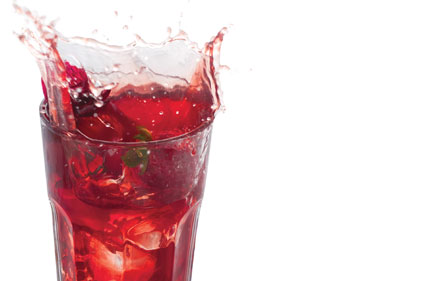Tea is also becoming more popular thanks to the increasing variety of flavors, strengths and sweeteners. The high differentiation of teas has enabled the industry's major players to earn high profit margins and perform well despite recessive economic conditions. The high brand recognition and customer loyalty that major players in the tea production industry command have also contributed to high profit margins and sales growth. In particular, Unilever, a multinational conglomerate that makes up 48.3% of industry revenue, has the distinction of longevity with its Lipton brand. On the other hand, as members of a growth industry, niche players have had some significant opportunities to serve increasingly fragmented consumer needs, such as the specialty and gourmet segment. Establishments have opened up at an average annual rate of 3.1% during the past five years to reach 42 locations in 2012, Kaczanowska says.
The tea production industry's future is bright. America's aging population, which embraces tea's antiaging and health attributes, will be a strong source of future demand and will drive sales of specialty products, especially for green and herbal teas (herbal tea does not contain tea plant leaves). In addition, the emphasis on innovation and new product introductions will further stimulate demand in the next five years. IBISWorld projects that industry revenue will grow through 2017.
